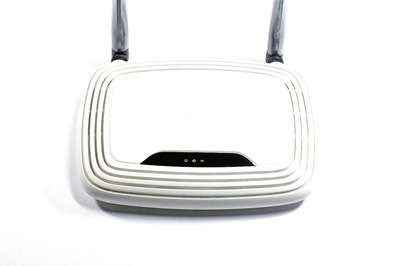
views
Bengaluru: A Bengaluru-based medical engineer has claimed that a device he invented has been designated a 'breakthrough' tag by the American Food and Drug Administration Department.
Cytotron, the device that he has a patent for and developed at his private research institution, has been given this tag after it showed the ability to stop the spread of cancer cells, and convert these cells, over days of treatment, into fat cells, says Dr Rajah Vijay Kumar, chairman of the Organisation de Scalene, at whose Centre for Advanced Research and Development the device was designed.
The device could change the way cancers are treated, and could be in use in hospitals in India as early as January, he says.
"It is a device that uses magnetic resonance to change the way cells and tissues function -- Any cell in our body is meant to divide 50 times in one life time, and after 50 divisions are over, there is a stop signal. Unfortunately in tumour cells, this stop signal is not got. So we actually artificially see that this signal is induced and a particular P-53 protein gets unregulated and the cancer simply stops growing further," Dr Kumar told.
Developed over 30 years of research, the device looks much like an MRI scanner machine, but uses a technology called Rotational Field Quantum Nuclear Magnetic Resonance -- basically, radio frequency tools that are circularly polarised and give targeted 'fast-radio-bursts' that help in engineering the composition of various tissues. As such, it works on proteins/other components of tissues to either improve their activity or stop their activity, depending on what is required for a patient.
If a doctor wants to stem the growth of cancer cells or increase the activity and regenerate the growth of certain cells and cartilage for patients of osteoarthiris or spine disorders, that is programmed accordingly. The treatment is given over a span of 28 continuous days, and is effective for all solid cancers/tumours -- particularly, liver, pancreas and breast cancers. (It cannot, for example, be targeted at blood cancer, which is not a solid tumour).
"We did a market pilot to see adverse effects, we have got absolutely zero adverse effect; no adverse effect has been reported till now, nor any side-effects of the treatment," Dr Kumar says.
Regulatory authorities have apparently cleared its usage in a few countries like Europe, Mexico, the US, Malaysia and the Gulf. Clearances have been processed in India now, and the institution is in talks with hospitals who want to use this technology.
"We will start making it available from January, so we have a few organisations which have come forward to say they would like to have a number of centres for re-tissue engineering and regenerating medicine to be established in different cities and as care centres. Also, some of the hospitals have come there to see how they can implement this, so I think we will be able to do that probably from January. I hope it benefits millions of people, not only in India but the whole of humanity," he told News18.















Comments
0 comment